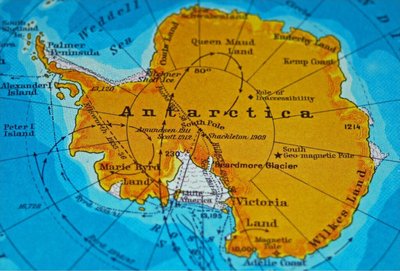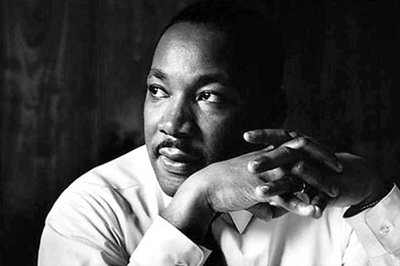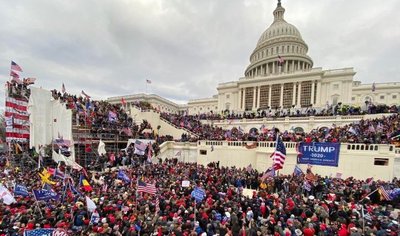Overview
Some people turn to conspiracy theories to help make sense of an uncertain world while others' mistrust in science causes them to seek out more fringe explanations. In this lesson, students will learn what conspiracy theories are and why people become susceptible to them. They will also learn how to fact-check conspiracy theories online.
Objectives
Students will be able to:
- Explain different reasons why people become susceptible to conspiracy theories.
- Identify and fact-check a conspiracy theory online.
Subjects
media literacy, social studies, language arts, journalismGrade Levels
Grades 6-12Supplemental Links
Standards
-
College, Career, and Civic Life Framework (C3)
D3.1.6-8. Gather relevant information from multiple sources while using the origin, authority, structure, context, and corroborative value of the sources to guide the selection. D3.1.9-12. Gather relevant information from multiple sources representing a wide range of views while using the origin, authority, structure, context, and corroborative value of the sources to guide the selection.
-
ISTE
6-12.1.4.a
Students: know and use a deliberate design process for generating ideas, testing theories, creating innovative artifacts, or solving authentic problems.
-
Common Core
CC.8.5.6-8; CC.8.5.9-10.A; CC.8.5.11-12.A - Citing informational text
KEY VOCABULARY

Conspiracy theory — a theory that explains an event or set of circumstances as the result of a secret plot by usually powerful conspirators (Merriam-Webster Dictionary)
DISCUSSION QUESTIONS
Warm-up: List some common conspiracy theories. Why do people believe them?
Watch the MediaWise Teen-Fact Checking Network (TFCN) video and answer the following questions.

- What did the teen fact-checker learn about the names of locations in Antarctica?
- How can you check the credibility of an organization providing information online?
- Why is Antarctica ripe for conspiracy theories?
- What are some of the conspiracy theories about Antarctica?
DIG DEEPER
- How can you find more information about someone posting information anonymously on social media?
- The video suggests that some people buy into conspiracy theories to explain major news events that do not have clear answers. What other reasons cause people to believe conspiracy theories?
ACTIVITY
Use this related lesson about a mother who delayed vaccinating her daughter due to vaccine conspiracy theories. As a class, discuss the question: What do you think was the most effective or important step the mother took in coming to reject conspiracy theories?
These lessons was developed by PBS NewsHour Student Reporting Labs in partnership with MediaWise and the Teen Fact-Checking Network, which are part of the Poynter Institute. This partnership has been made possible with support from Google.





